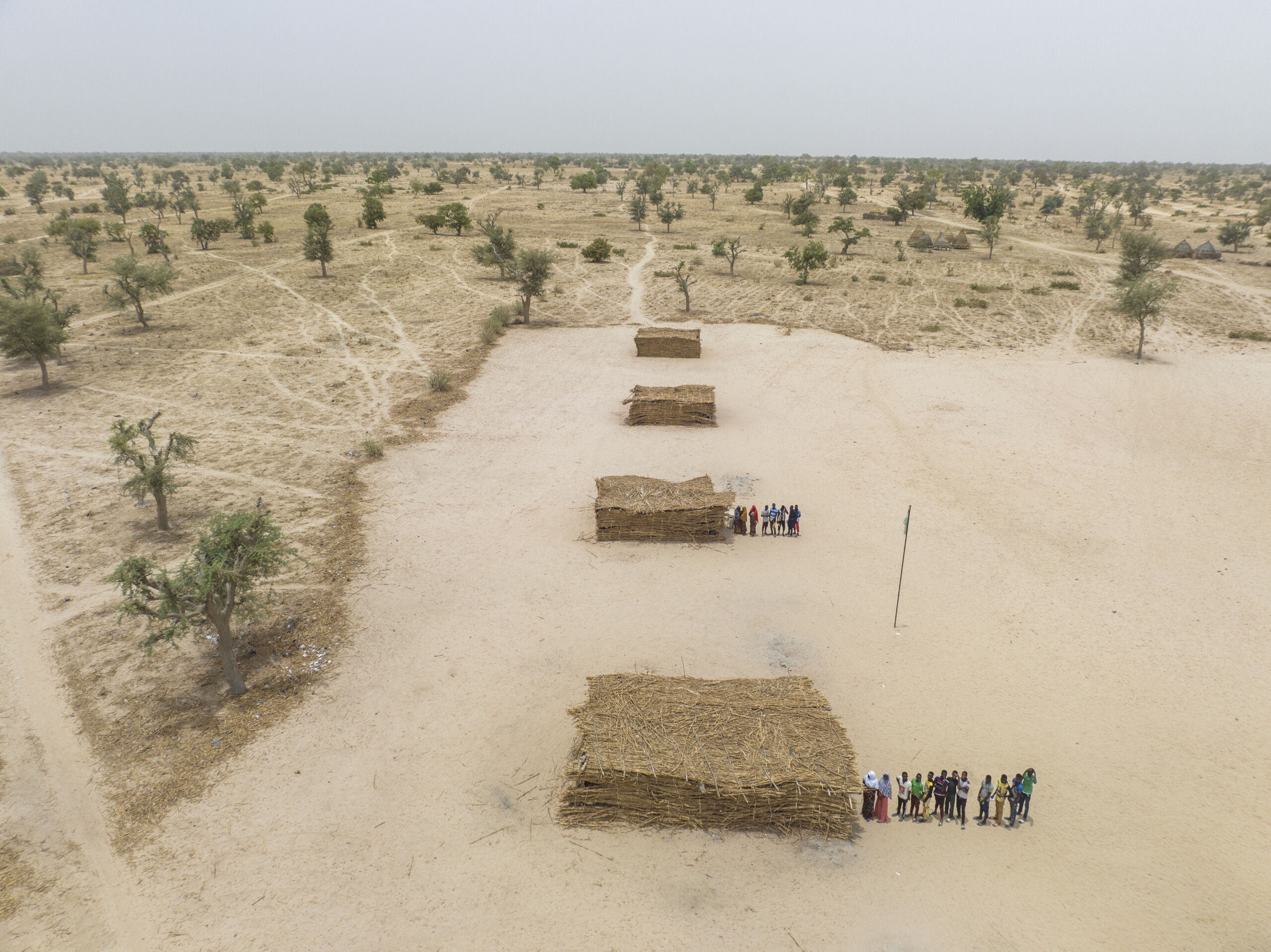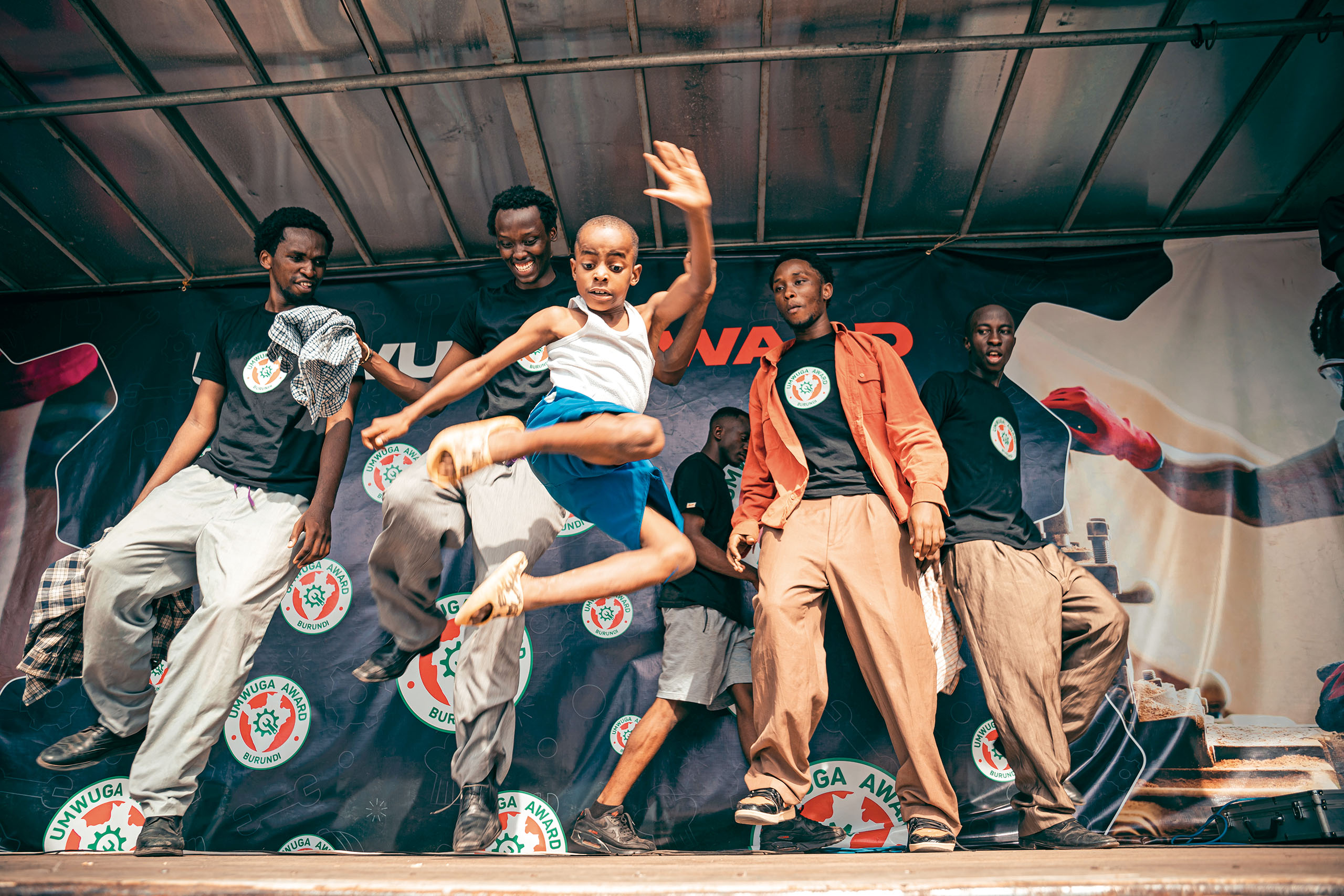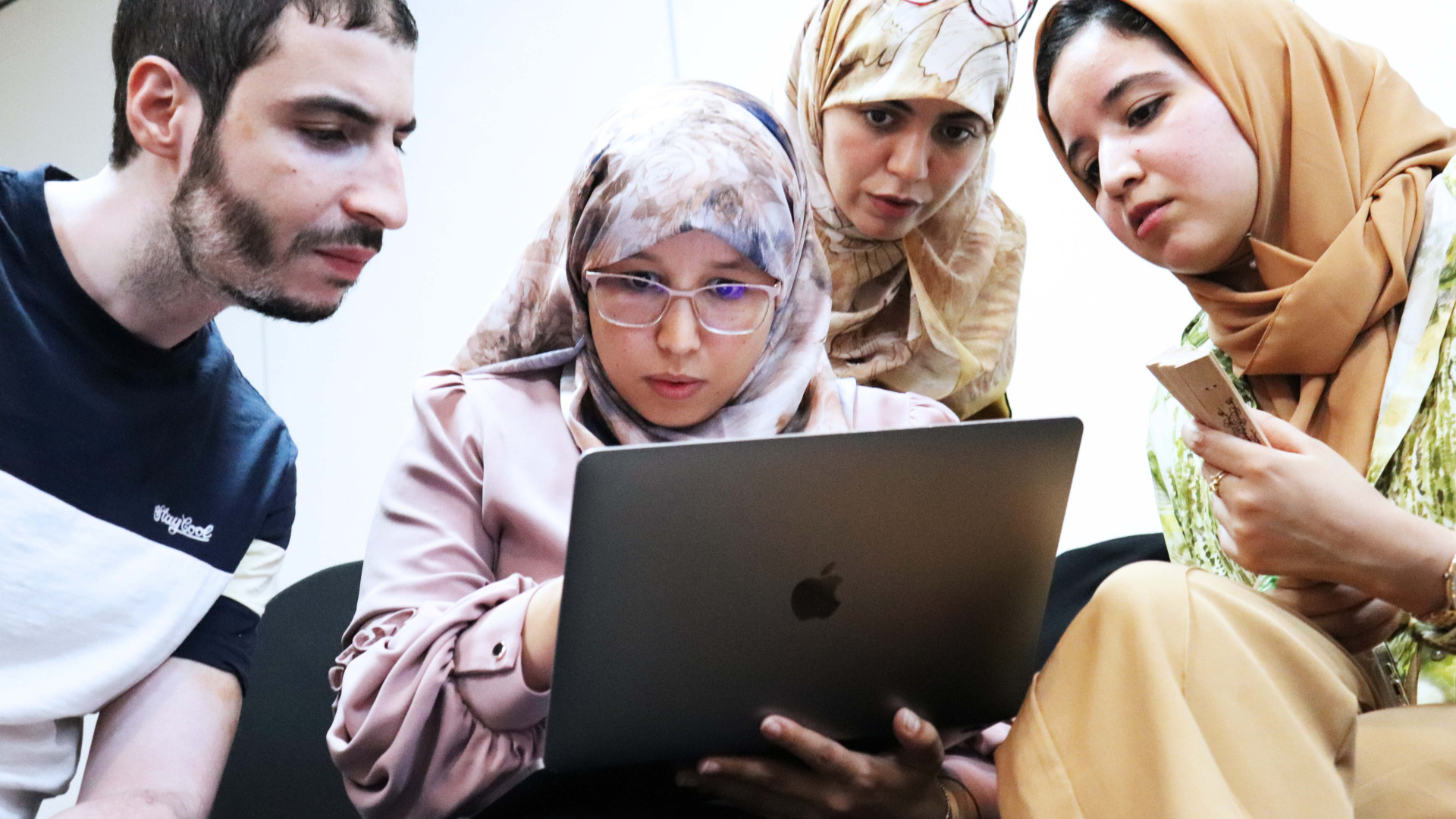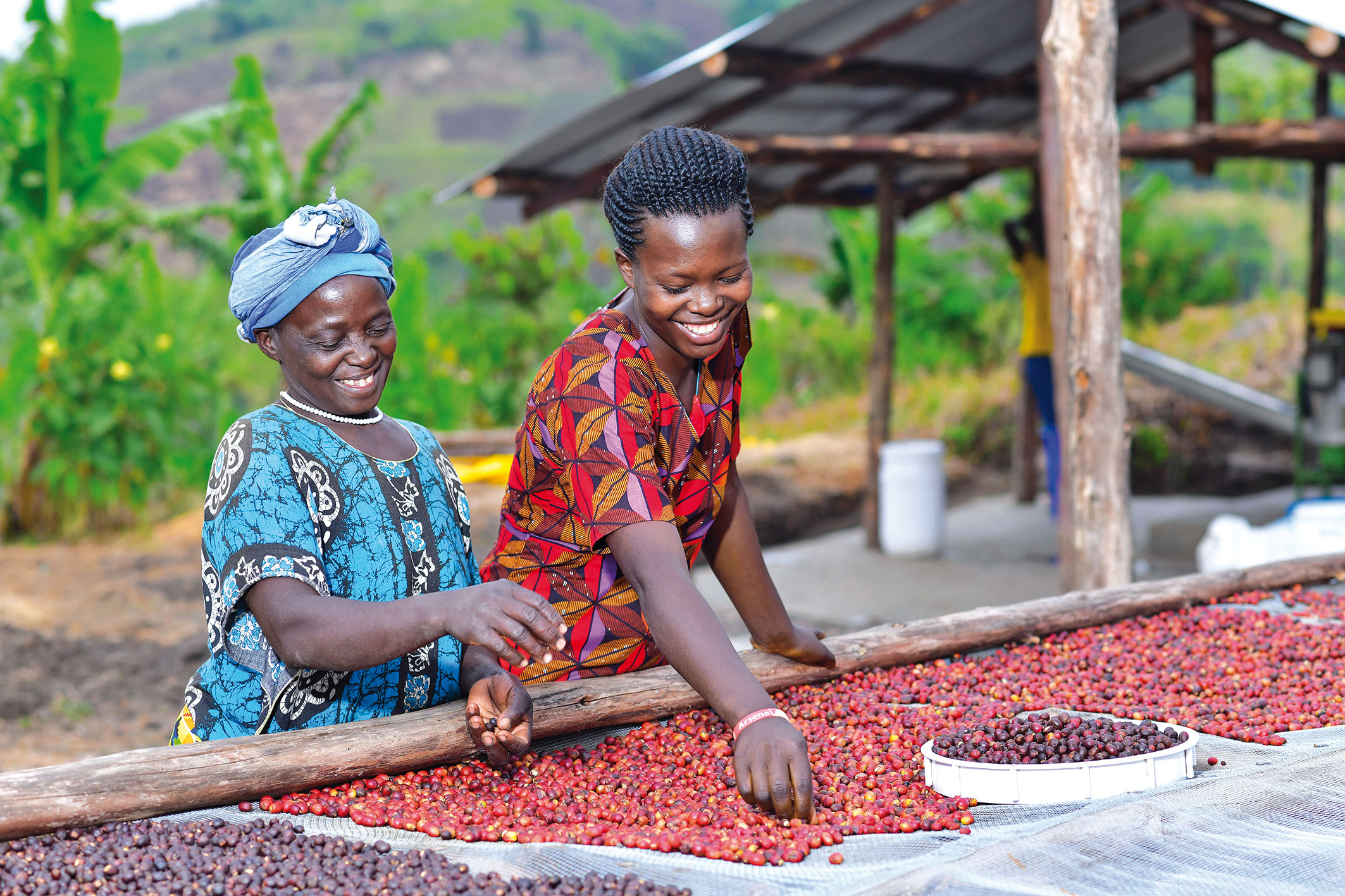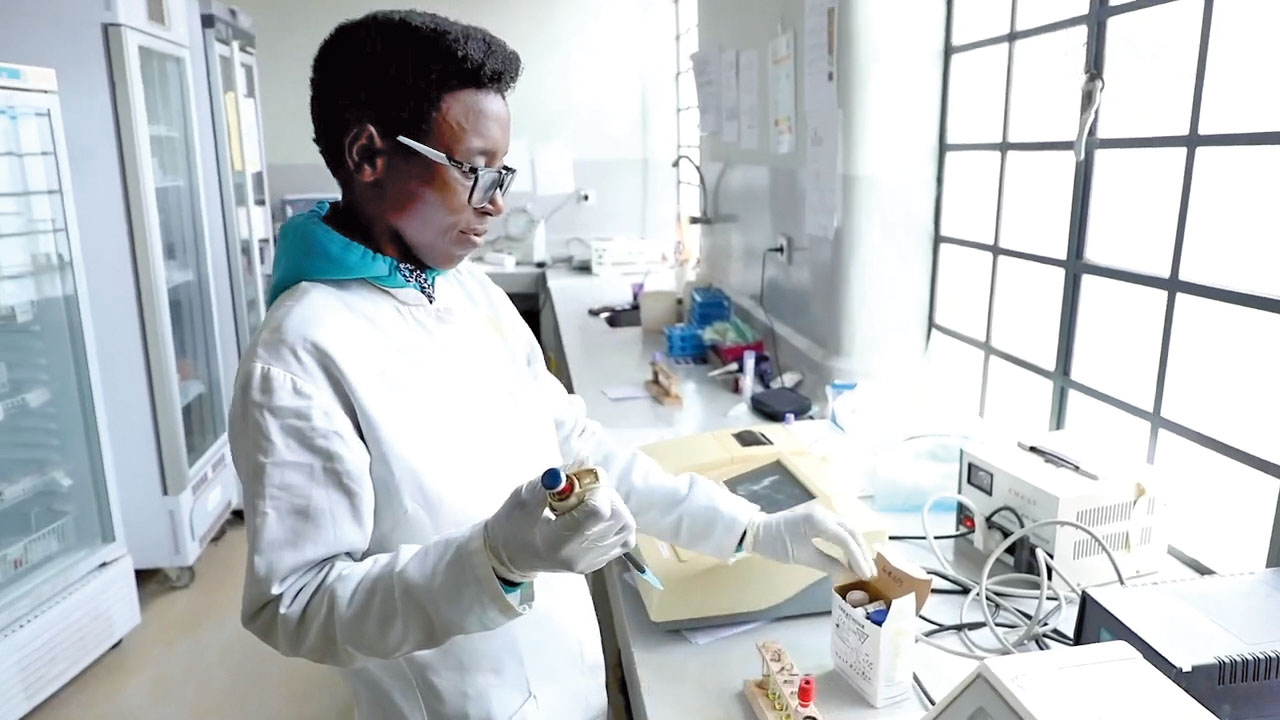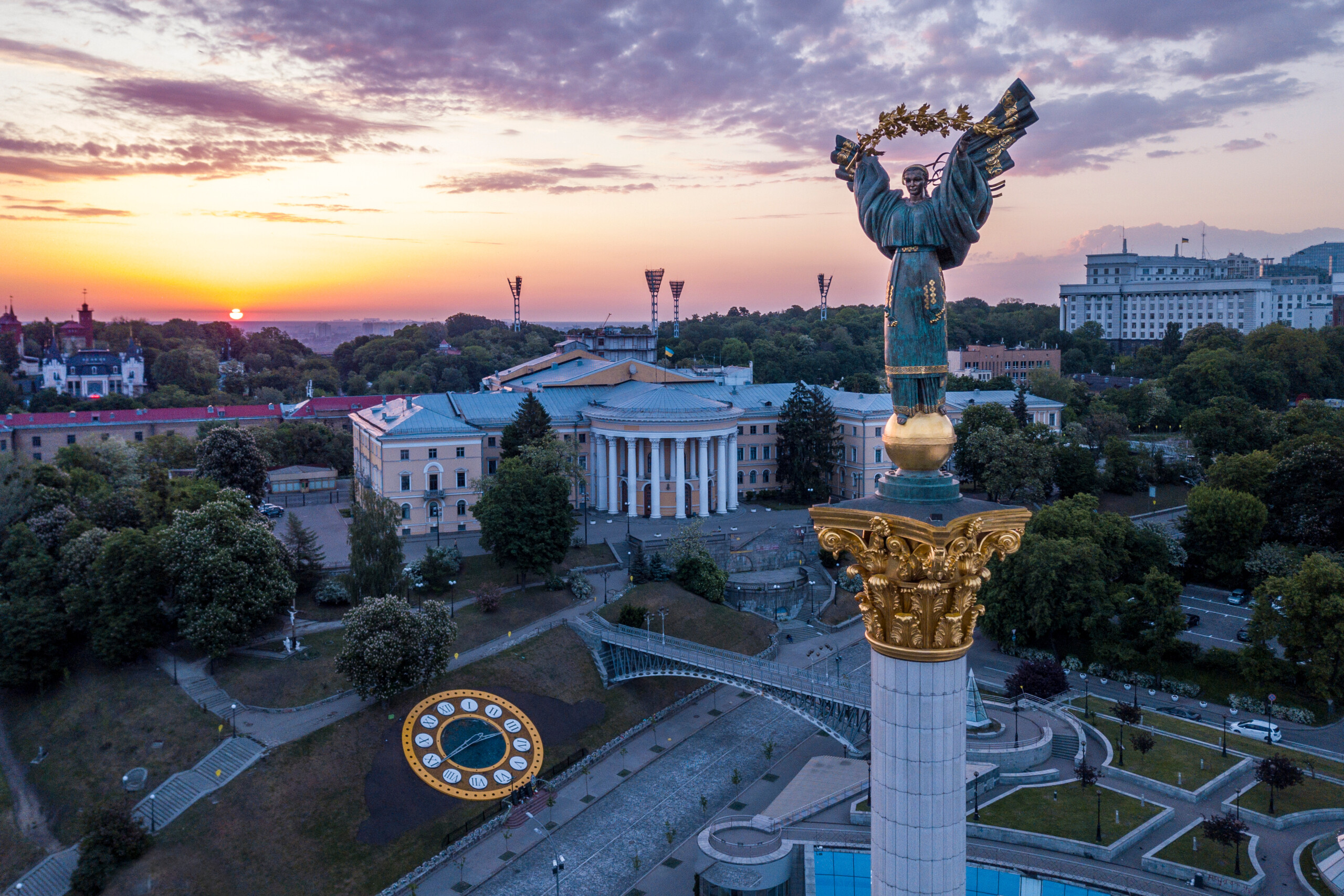Rehabilitation of historical centres in Palestine
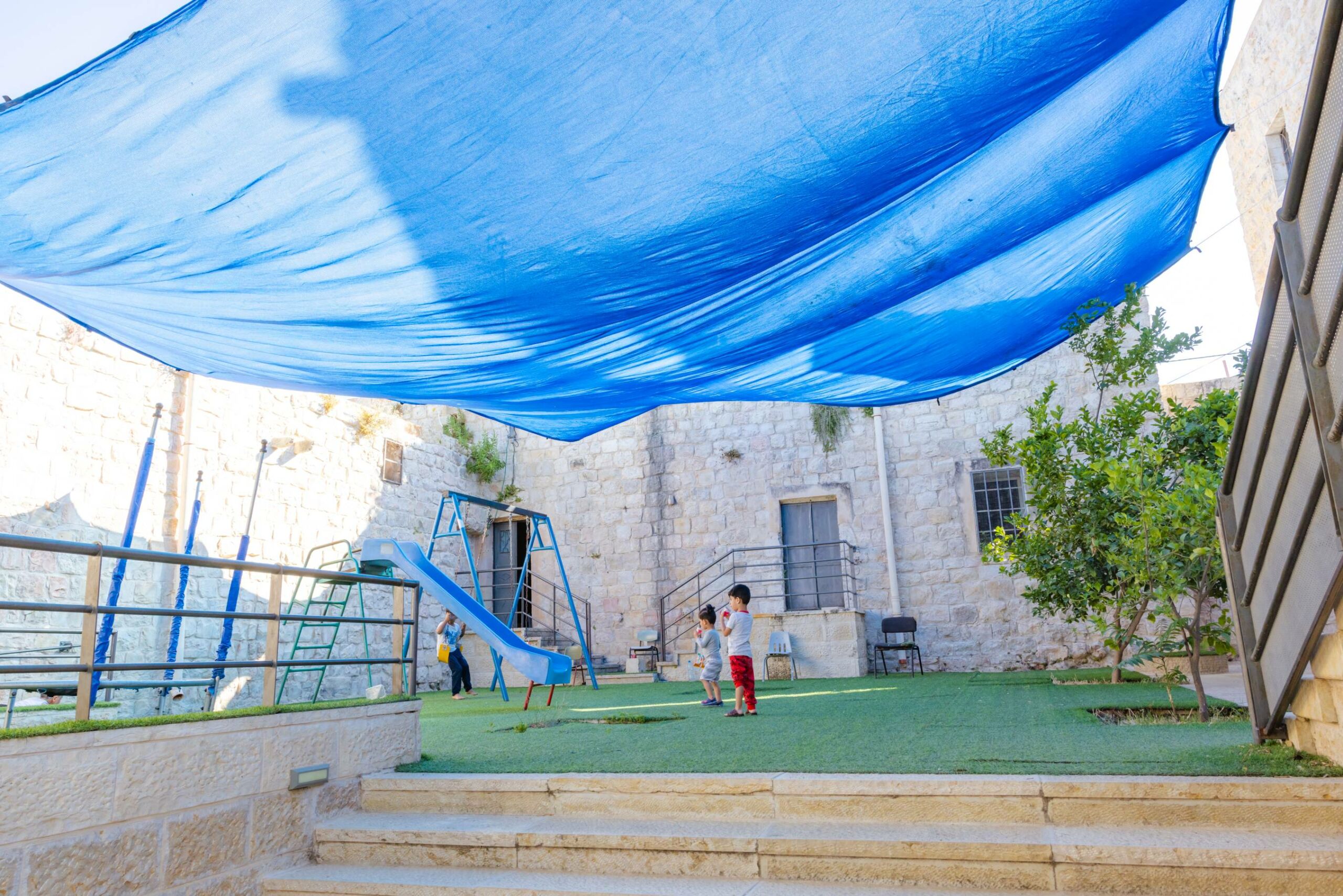
One-on-one English classes, extra mathematics classes, psychological support when needed and adjusted teaching to help children cope with dyslexia (difficulty in understanding letters) or dyscalculia (difficulty in understanding numbers), language delay or concentration issues like ADHD…
In this former house of a wealthy man in the town of Bani Zeid, in Palestine, children with learning disabilities receive the necessary support. For children living in the area, it makes a big difference to have access to quality care within their own community.
The building was constructed as a family home. Over the years, many generations of the same family lived in it, until it became old and difficult to maintain. Family members moved out of the house, leaving it behind empty.
The local community council saw an opportunity to use this beautiful building to provide services to its citizens. They reached out to the owners and together they came to the agreement to allow the local council to rent the building for 20 years.
Giving public space the place it deserves
Now it’s open for the children of the “cluster” to play. The cluster is a group of villages that are in and surrounding Bani Zeid. For a long time, children lacked where to play because of the political context.
Palestinians are not allowed to construct anything in area c – comprising about 60% of Palestinian territory – without the explicit approval of the Israeli authorities. Moreover, this approval is rarely received. With only 40% of land left to freely execute urban plans and with a growing population, this leaves very limited space for children to play in a safe environment. So, opening the rehabilitated buildings up for children in the neighbourhood makes a big difference.
Besides the children that just come to play, the main goal of the building is to reach those with learning difficulties.
Before, parents had to take their children to the city of Ramallah to access these services. This is no longer the case. It’s now available in the village and at a lower price than in Ramallah. Parents are also able to save transport money because of the proximity. Some children are referred to the centre via their school. Others are brought by parents who heard about the centre.
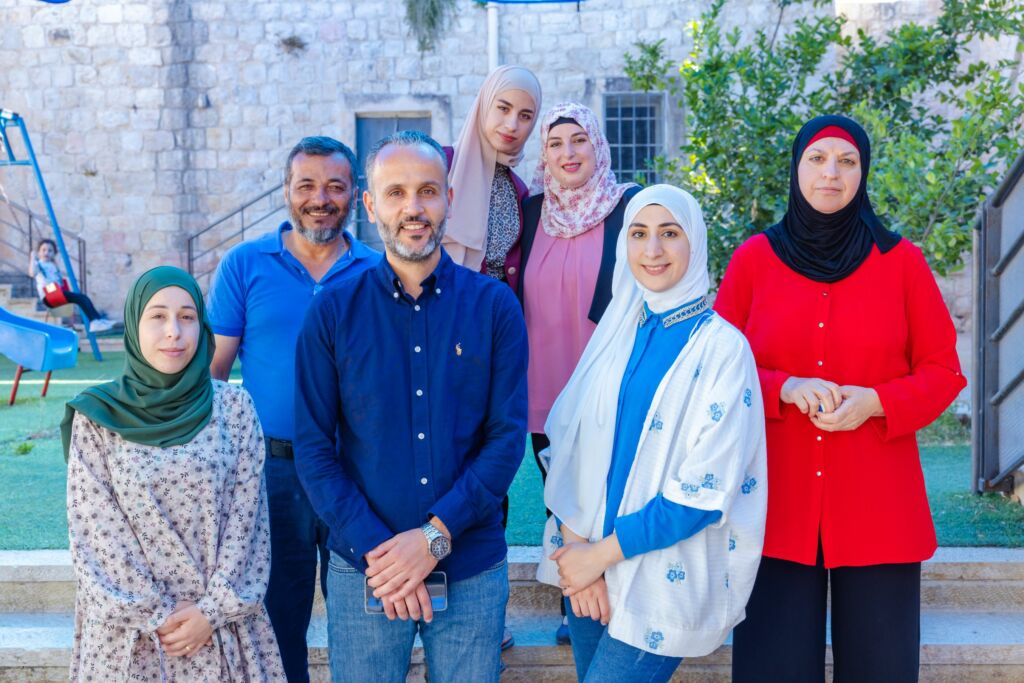
Teachers on a mission
Taghreed Zidan teaches technology and mathematics. Twice a week she follows up on children, seeing 5 to 7 students per day. She notes that girls seem to be more motivated and thinks this is because girls in general still have fewer opportunities than boys.
“When girls are presented with an opportunity to learn more, they really grab a hold of it. Boys have more options, so it can sometimes take some convincing to get them to apply themselves.”
Noor Anwer is a speech therapist, helping children who stutter or have other speaking delays: “I love working as a speech therapist. It’s beautiful when you see the faces of children beam. I work to see them shine,” Noor says.
There is still a stigma around children who have some form of learning difficulties within the community, so Noor conducts awareness campaigns in schools and via social media to change the situation. “Once children find their way to my classes I start off with icebreakers and playing games. This phase can last up to a month until children really feel at ease.”
When needed, she requests the support of the psychologist working in the centre.
Hassan Tamimi is the psychologist at the centre. He focusses on children who have attention disorders like ADHD or need to work on behaviour modification, including aggression. Every day he sees children for individual sessions.
“Parents still have stereotypical ideas about these types of problems,” Hassan says.
That is why Hassan helped found a community-based supportive committee, together with the municipality. They raise awareness and mobilise additional funding for the centre.
‘At the moment the centre offers discounts for parents with a limited income, but to keep this system running, additional funding is needed,” Hassan says.
Their main source of funding is donations from community leaders. They subsidize it with the sale of calendars.
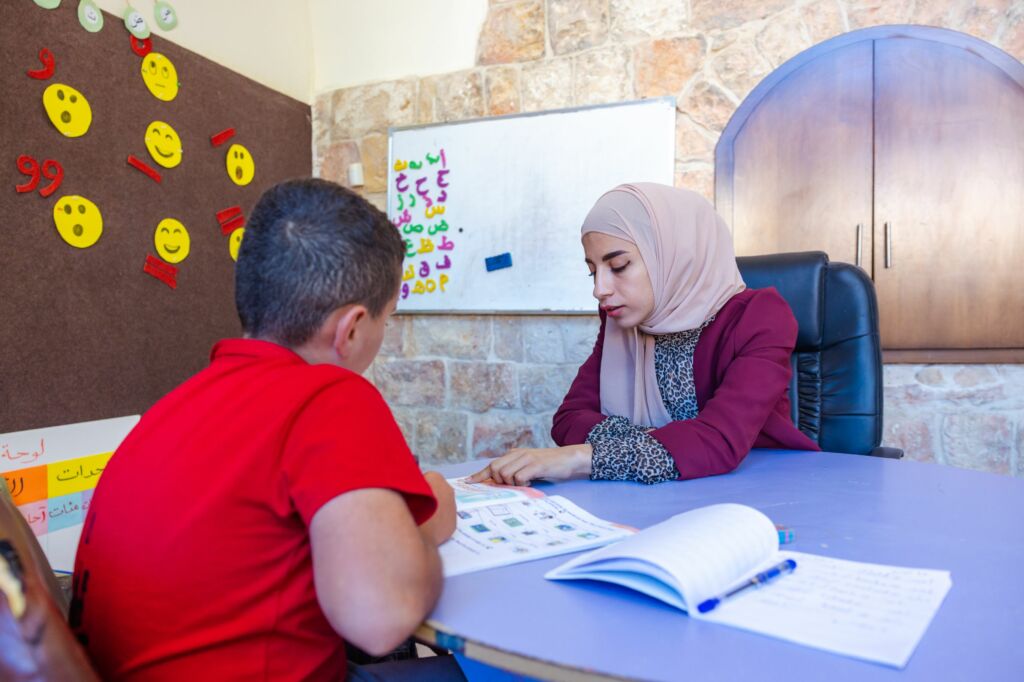
Additional funding wanted
Salam Asia is the manager of the centre. She says the facility is yet to recover from the impact of covid-19 restrictions.
“During that period children were forced to stay at home. Teachers try to reach their students online, but for many children it was just difficult to keep up with their studies,” Salam says.
For many parents, specialised classes to help their children overcome learning difficulties are not affordable. Many attempt to send their children to the centre. However, they fail to sustain paying the fees due to their low salaries.
“That’s why we strive to keep the fees low, we made an agreement with a Palestinian company called Unipal who now sponsor part of the teachers’ salaries for three years. We want to work with quality teachers, so we need to be able to offer them at least a stable income every month. Quality teachers = quality education,” Salam explained.
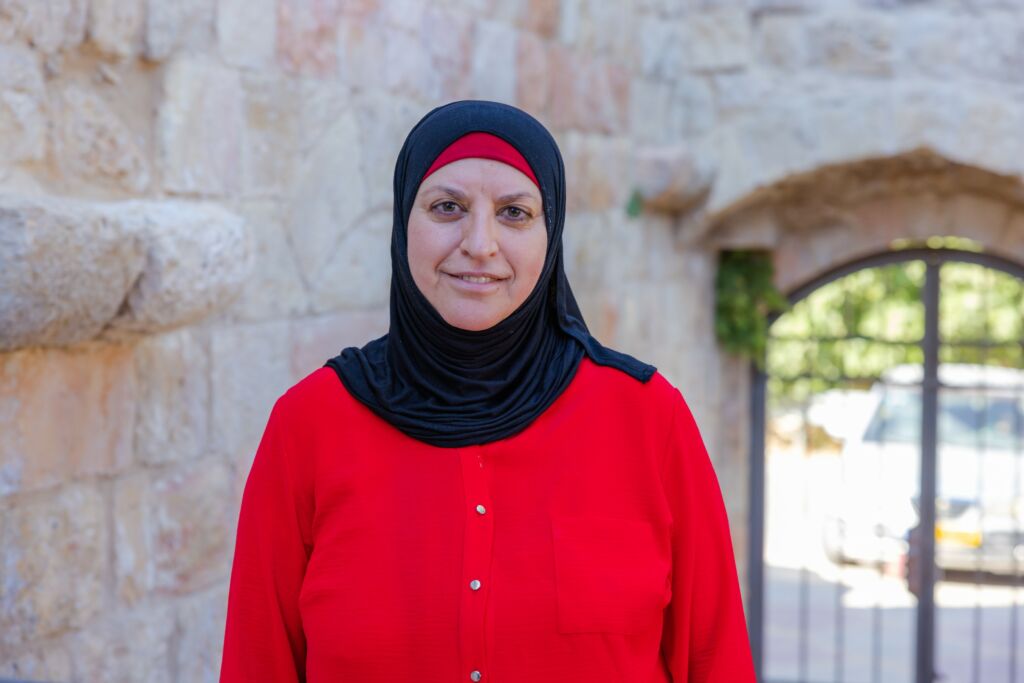
Preserving local heritage, contributing to society
The centre works in collaboration with the municipality to provide specialised care for children with learning disabilities.
According to Salam, an estimated 15 out of 100 Palestinian children struggle with some form of a learning disability. The centre currently receives about 30 children but they are hoping to get the numbers up to 50.
The centre has plans for the future. It hopes to expand by opening a branch in the close village of ‘Abud.
“It’s not far by car from here, but as there is no public transport, many children can’t come to this centre. It’s important for them to be able to receive the care they need, close to where they live” Salam says.
“With this centre we are proud to contribute to the local economy and at the same time, we are preserving our local heritage.”
Salam sees it has her duty to stay optimistic. During her studies in Germany, she was eager to return home.
“I felt the need to contribute to my society. For me, it’s a philosophical question. We need to keep going after good things, even when they seem out of reach. Children are the foundation of a society, so I consider myself lucky to be able to contribute to their development.”
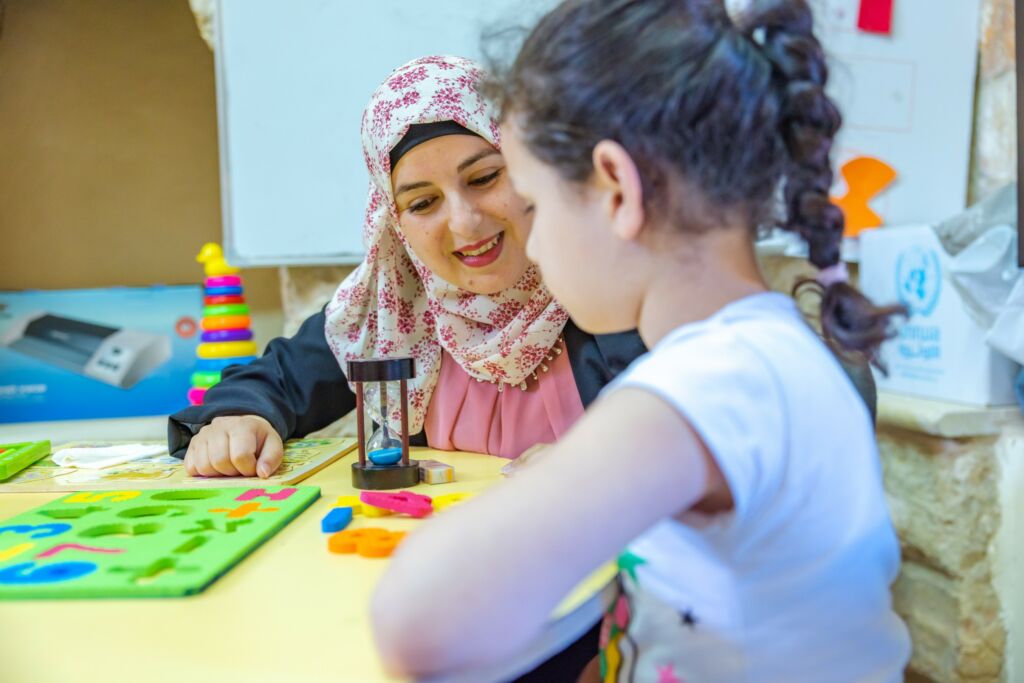
The logic behind the project: why rehabilitate old buildings?
- In the West Bank of Palestine, urban development and investment in public spaces is complicated. With only 40% of land left (the remaining 60% is area C) to freely execute urban plans and with a growing population, this leaves limited options. Therefore, rehabilitating buildings and spaces, while at the same time investing in local heritage became a valuable alternative instead of constructing new sites.
- Locations to rehabilitate were selected based on surveys conducted in several towns and villages. Together with local government, different factors such as demography, topography, historical value, ownership status of buildings, economic and societal value were considered.
- Based on this work, 40 villages in the West Bank were selected to be part of the project.
- A wide variety of businesses or services are now operating from the various rehabilitated sites. Some of these include; a traditional soap workshop, a coffee shop, an electricity charging point, a centre for elderly people, public gardens and a centre for children with learning disabilities.
- The project with Enabel ran from 05 June 2013 – 04 December 2019
- The budget was 8 million euros.
- Sustainability of the project: All the buildings and public spaces were rehabilitated in partnership with the Local Councils and the Ministry of Local Government. The local councils as per the agreements with Enabel and the Ministry of Local Government should ensure the sustainability and the functioning of the rehabilitated areas after the lifetime of the project.
